When it was first introduced, Software-as-a-Service (SaaS) gave companies a new way to deploy and access software applications. Yet the introduction of Managed Software-as-a-Service (MSaaS) has complicated the software delivery paradigm. Organizations must weigh the main distinctions and advantages of choosing between SaaS vs MSaaS, the two solutions that best meet their unique needs and objectives.
Businesses can access software programs online using the SaaS delivery model. The model’s scalability, accessibility, and cost-effectiveness have increased in popularity recently. On the other hand, MSaaS expands on the advantages of SaaS by offering extra support services like customization, security, and monitoring, making it a complete choice for companies that need more assistance.
SaaS vs MSaaS have pros and downsides; thus, choosing between them takes work. Which model among IaaS vs PaaS vs SaaS is the greatest match for your company depends on several factors, including the desired customization and support, budget, and IT resources. To assist organizations in making decisions that align with their unique goals and requirements, we will review the main distinctions between SaaS and MSaaS and their important advantages.
See Also: Mobosurvey Login : What Is It? | How To Login Complete Guide
SaaS
Businesses may utilize apps online thanks to the SaaS software delivery model. Customers use the program using a web browser under the SaaS model, which the service provider hosts and maintains.
This implies that organizations may access the software from any location with an internet connection rather than installing and maintaining it on their servers or PCs. Customers must pay a subscription fee to access these programs hosted in the cloud by the vendor.
Customers must pay a subscription fee to access these programs hosted in the cloud by the vendor.
SaaS applications are superior to conventional software delivery strategies in several ways. One benefit is that companies won’t have to pay upfront expenses to buy and set up server software.
In addition to easing the stress of IT administration, this can help them save money in the short run. Moreover, SaaS solutions are scalable, enabling companies to quickly add or remove users as necessary without buying new hardware or software licenses.
IaaS vs PaaS vs SaaS are three separate types of cloud computing services that enable organisations to use computer resources, software platforms, and pre-built applications to optimise their operations and fulfil their goals, respectively.
MSaaS
The SaaS concept is modified to include extra support services under Managed Software as a Service (MSaaS). With the MSaaS model, the software provider offers extra services like security, monitoring, troubleshooting, and hosting and maintaining the application.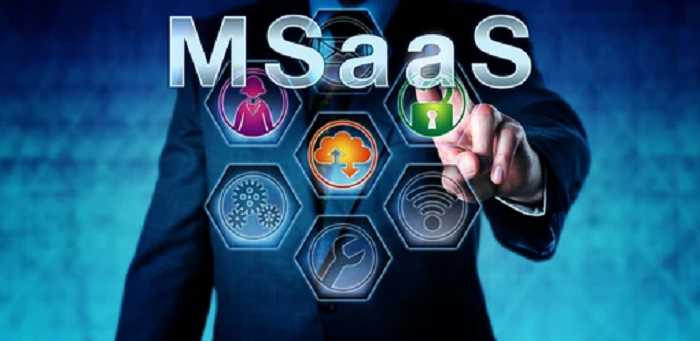 As a result, companies can rely on the vendor to manage every program element, including installation, upkeep, and upgrades.
As a result, companies can rely on the vendor to manage every program element, including installation, upkeep, and upgrades.
IBM Cloud Pack for Data gives data management and analytics capabilities, and SAP SuccessFactors, which offers HR administration solutions, are two examples of MSaaS apps.
The vendor hosts these programs on the cloud, and clients pay a subscription fee covering extra support services.
Applications that use MSaaS offer several benefits over those that use regular SaaS. They provide extra support services that may save companies time and money. For instance, businesses that utilize MSaaS applications don’t have to worry about security. Or troubleshooting because the provider takes care of these responsibilities.
Moreover, the vendor may work with the client to customize the program to their needs. And MSaaS products may provide greater customization choices than SaaS apps.
You might also be interested in
SaaS vs MSaaS
Although SaaS and MSaaS are both based on cloud computing and have many similarities, a few significant distinctions must be considered between SaaS vs MSaaS.
Assistance Services
The amount of support services provided is the main distinction between SaaS and MSaaS. Typically, SaaS apps are provided “as is,” with little support beyond basic troubleshooting.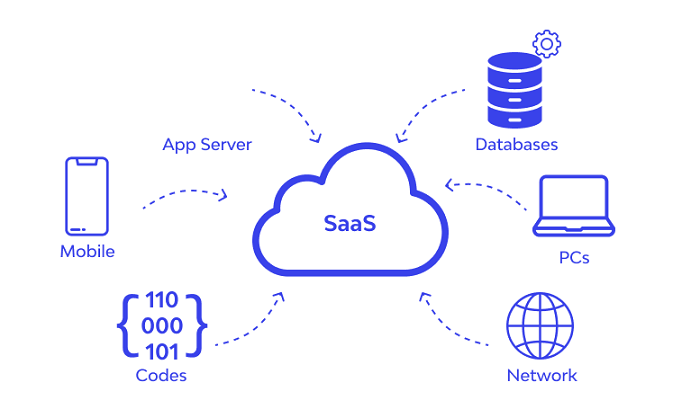 On the other hand, MSaaS apps provide extra support services like security, monitoring, and customization. They are a better option for companies needing more extensive help.
On the other hand, MSaaS apps provide extra support services like security, monitoring, and customization. They are a better option for companies needing more extensive help.
Customization
As the vendor may work with the company to customize the program to their particular needs, MSaaS apps provide greater customization choices than SaaS applications.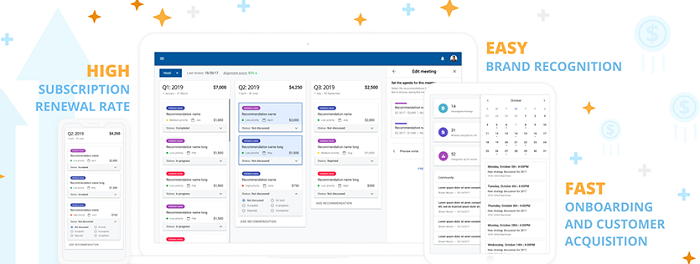 On the other hand, SaaS programs are often provided “as is,” with little to no modification possibilities beyond the most fundamental parameters.
On the other hand, SaaS programs are often provided “as is,” with little to no modification possibilities beyond the most fundamental parameters.
Cost
Due to their additional support services, MSaaS apps are often more expensive than SaaS applications.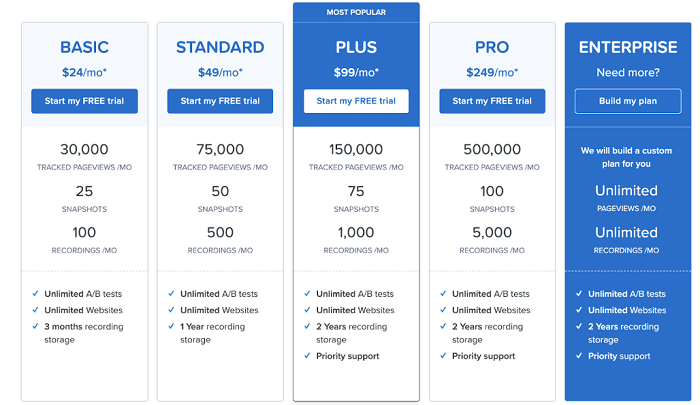 They may be a better option for companies that need complete assistance. But they might not be economical for companies that merely need rudimentary capabilities. If you want a premium account on upstore, check this out to find out.
They may be a better option for companies that need complete assistance. But they might not be economical for companies that merely need rudimentary capabilities. If you want a premium account on upstore, check this out to find out.
Control
Because the vendor hosts and maintains the software, SaaS solutions give enterprises less control over the product.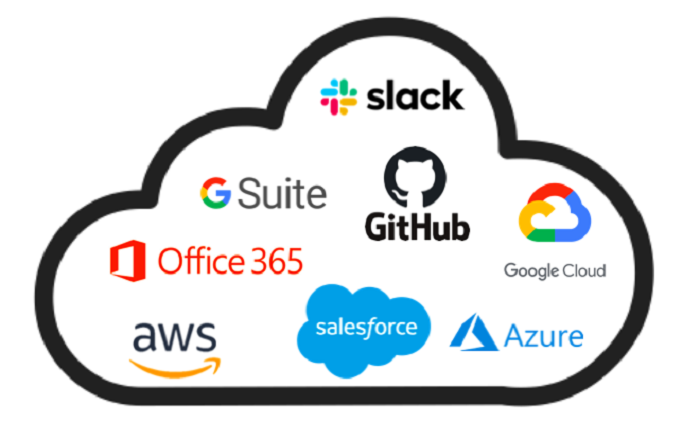 On the other hand, MSaaS apps provide organizations greater control since the vendor may collaborate with them to customize the application to meet their unique needs. However, the firm could be liable for more software administration and maintenance due to this improved control at a price.
On the other hand, MSaaS apps provide organizations greater control since the vendor may collaborate with them to customize the application to meet their unique needs. However, the firm could be liable for more software administration and maintenance due to this improved control at a price.
Advantages of SaaS
Compared to conventional software distribution models, SaaS applications provide several advantages.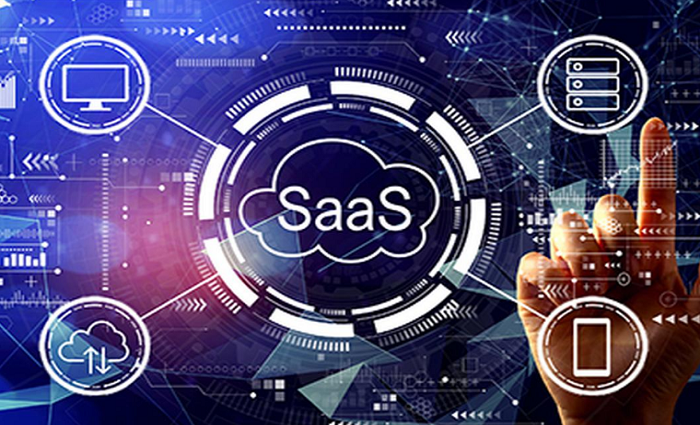
- Scalability: SaaS systems allow for the easy addition or removal of users as needed without the requirement for new hardware or software licensing purchases.
- Accessibility: SaaS apps are easily available from any location with an internet connection, which makes them the best choice for companies with dispersed or remote workforces.
- Savings: Because SaaS apps don’t need organizations to buy and install software on their servers, they can save them money soon.
- Automated updates: SaaS companies are in charge of keeping the software up to date, so organizations always have access to the most recent version without upgrading it manually.
Advantages of MSaaS
Apps using MSaaS provide a variety of benefits over those using standard SaaS.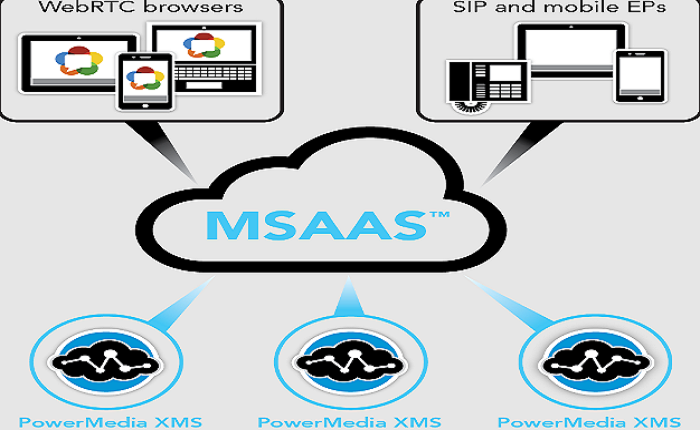
- More support services: MSaaS apps include extra support services, including security, monitoring, and customization, which makes them a better option for companies needing more thorough assistance.
- Options for customization: Compared to SaaS applications, MSaaS suppliers can work with the company to customize the application to their particular needs.
- Reduced IT burden: IT administration costs are decreased since MSaaS providers host and maintain the software, which relieves the business of this responsibility.
- Improved security: MSaaS providers include extra security services like encryption and intrusion monitoring, which makes them a better option for companies that handle sensitive data.
See Also: Top 4 Free Cloud Storage Services Of 2024
FAQs
What advantages does SaaS offer?
Scalability, accessibility, and cost savings are some advantages of SaaS. Employers may use the software from any location with an internet connection thanks to SaaS, which makes it simple for enterprises to scale up or down their software usage as necessary. Moreover, because the vendor is in charge of hosting and maintaining the program, SaaS removes the need for enterprises to invest in expensive hardware and software infrastructure.
What advantages does MSaaS offer?
Improved support services, customization possibilities, and security are all advantages of MSaaS. MSaaS companies offer extra security services like encryption and intrusion detection, giving enterprises better data security. By collaborating with suppliers to customize the software to their particular requirements through MSaaS, businesses may free up their IT resources from having to host, operate, and manage the program themselves.
Does SaaS or MSaaS have any disadvantages?
SaaS may have issues with limited customization possibilities. SaaS providers often provide a standardized set of features and capabilities, which cannot fully satisfy the unique requirements of every type of company. Businesses could also be constrained by the vendor's software update schedule, which may have an impact and functionality. MSaaS's primary flaw is its price. Because MSaaS offers additional support services and customization choices, it is more expensive than SaaS.
Can companies move between SaaS and MSaaS?
Companies may change between SaaS and MSaaS, yes. Switching may be challenging and may call for a substantial amount of IT resources. Before switching, businesses should thoroughly assess their software needs and requirements. They should also collaborate with their providers to guarantee a seamless transition.
Conclusion
SaaS and MSaaS are continually changing. And organizations should routinely assess their software delivery choices to ensure they utilise the most recent improvements and capabilities. Over time, software distribution models have changed, and SaaS vs MSaaS have become well-liked choices for companies.
While MSaaS includes extra support services like customization, security, and monitoring, SaaS gives organizations a scalable, accessible, and cost-effective option. Ultimately, your choice between SaaS and MSaaS may base on your company’s unique requirements.
You can improve the effectiveness and efficiency of your organization by weighing each model’s advantages and disadvantages.
See Also: Get Free Uploaded Premium Account | Uploaded.Net Premium Account

Jordan Ramée: Video game and anime journalist since 2016. Turns obsessions into compelling content. Beware: Mentioning Hollow Knight may trigger lengthy lore discussions.







